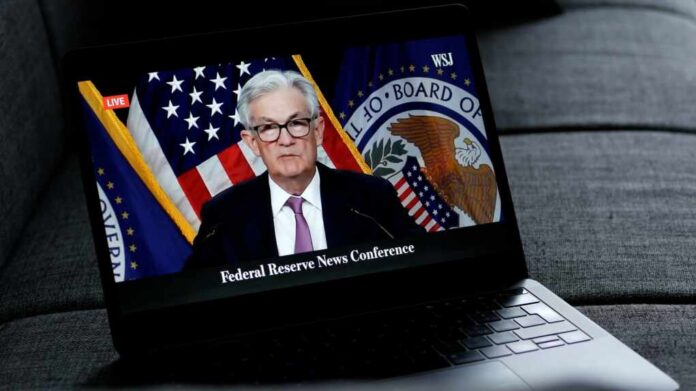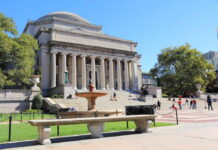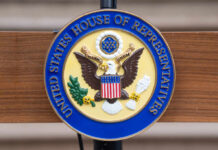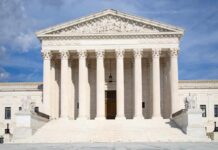
Despite claiming the U.S. economy is in a “good place,” Federal Reserve Chairman Jerome Powell poured cold water on a March interest rate reduction.
Interviewed by CBS News’ “60 Minutes,” Powell further asserted the job market is healthy and there are no signs of a looming recession. The Fed’s key interest rate remains at 5.4%, a 22-year high spawned by the need to fight President Joe Biden’s inflationary economy.
That battle led the central bank to hike its benchmark interest rate a staggering 11 times starting in March 2022. The fallout was consumer and business loans becoming even more expensive, putting the brakes on an already struggling economy.
But Powell told “60 Minutes” that nearly all 19 Fed members are on record agreeing that rate cuts will be appropriate in 2024. In December, the group said they foresaw three cuts this year.
That would lower interest rates to roughly 4.6% by the start of 2025.
“We just want some more confidence before we take that very important step of beginning to cut interest rates,” says Fed Chair Jerome Powell. The Fed’s benchmark interest rate remains at a 23-year high. pic.twitter.com/hj2uvV3AnO
— Win Smart, CFA (@WinfieldSmart) February 5, 2024
The Fed’s preferred inflation barometer indicated the December rate settled at 2.6%. For 2023’s second half, that mark came in at 2%, which matched the level sought by the central bank as it raised interest rates.
That’s down from the oppressive 7.1% peak in the summer of 2022. Consumers, however, are still dealing with high prices even with the leveling of inflation.
Still, Powell said that March is likely too soon to anticipate lowering the key rate. Most economists foresee the initial reduction coming out of the May or June Fed meetings.
The chairman attributed the inflation of the Biden years largely to pandemic-related disruptions. He said shoppers diverted from services such as eating out at restaurants to exercise bikes and office furniture for the home.
Powell cited factory closures or slowdowns across the globe that disrupted supply chains and caused a bottleneck of goods, spawning inflation.
He did acknowledge mistakes made by the Fed in misjudging the strength of the inflationary period. Policymakers and the Biden administration repeatedly insisted that soaring prices would be short-lived, but the increases proved stubbornly resistant.
Powell also chided the central bank for being slow to raise its key rate to dampen borrowing and spending. While inflation skyrocketed in mid-2021, rate hikes did not commence until March 2022.



























